
Meet the team behind Manuela
Inspired by the legacy of Manuela Solís and with the aim of improving women’s health and well-being, a multidisciplinary team of experts from various Spanish research organizations has come together to develop this research on the female microbiota.
Meet the team driving this project:
Team members

Benazizi, Ikram
Doctor in Public Health and Tenured Scientist at the Institute of Advanced Social Studies of the Spanish National Research Council (CSIC), specializing in the social dimension of health.
Her work focuses on the social determinants of health and health inequalities, aiming to identify the most relevant social determinants that drive significant social health disparities in our societies. This includes studying the influence of key axes of inequality, such as gender, socioeconomic position, or migration status, in generating social health inequalities

Collado, MCarmen
Scientific Researcher at CSIC in the Lactic Acid Bacteria and Probiotics Group at the Institute of Agrochemistry and Food Technology (IATA-CSIC).
His work focuses on establishing associations between human microbiota, diet, and health in the maternal-child dyad.
Currently, his research is centered on studying the microbiota, host-microbiota interactions, and factors influencing this interaction (diet, antibiotics, etc.) and its role in human health.
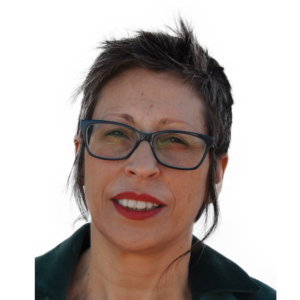
González, Ana María
PhD, Sociologist, Tenured Scientist at Institute of Advanced Social Studies (IESA) specializing in the research of the social dimension of health with a gender perspective.
Her current research focuses on gender studies concerning the social dimension of health from an interdisciplinary feminist perspective, analyzing the factors influencing the well-being and discomfort of men and women in the healthcare system and medicine in contemporary societies.
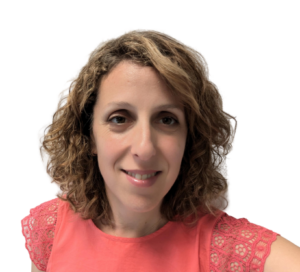
González, Sonia
Professor and Researcher in the Department of Physiology at the University of Oviedo. Her research in recent years has focused on the study of the impact of diet on the composition of the microbiota and health in various physiological and pathological states.
Her work involves the development of different methodologies for the assessment of dietary intake as well as the processing of these data for subsequent analysis of nutrients and bioactive compounds.

Gueimonde, Miguel
Research Scientist at the Microbiota, Food, and Health Group in the Dairy Research Institute (IPLA-CSIC).
His research focuses on the study of the factors determining the composition of the gut microbiota, both at the beginning and the end of life, for the development of nutritional intervention strategies aimed at modulating the microbiota to improve health. This research involves conducting in vitro assays for the selection of potentially probiotic microorganisms and prebiotic substrates, as well as in vivo and intervention studies.
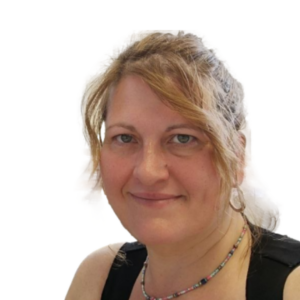
Martínez, Llúcia
Scientific Director of the FISABIO Massive Sequencing Service since 2014, specializing in omics and infectious diseases.
She alternates her research and technological service tasks with a vocation for scientific dissemination and promoting the role of women in science.
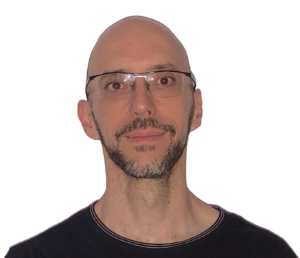
Moll, Santiago Emmanuel
Professor and researcher in the Department of Applied Mathematics at Universitat Politècnica de València, his initial specialization was in functional analysis and topology.
His current research spans a multidisciplinary spectrum, including investigating the impact of menstruation on women. His work involves designing surveys and conducting statistical and topological data analysis.
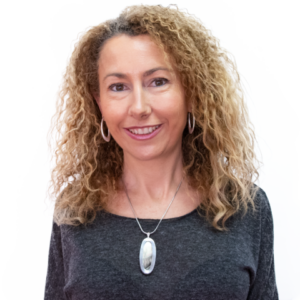
Poveda, Rocío
Professor in the Department of Engineering Projects at the Universitat Politècnica de València and researcher at INGENIO CSIC-UPV, specializing in research on the gender gap in science and the evaluation of Responsible Research and Innovation.
Her current research has a multidisciplinary approach that includes the study of the impact of menstruation on women. Her work involves designing indicators and applying qualitative methodologies to research.
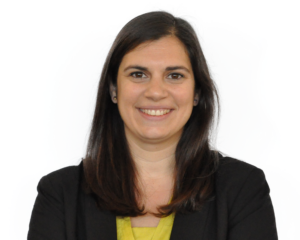
Sánchez, Leonor
PhD, Principal Investigator of the Omics, Infection, and Sexual Health group at FISABIO-Public Health in Valencia.
Her main postdoctoral research has focused on the phylodynamic and phylogeographic genomic analysis of the sexually-transmitted bacterium Neisseria gonorrhoeae.
Her main research interests are studying its genomic epidemiology, mechanisms of variation related to virulence, and antibiotic resistance.
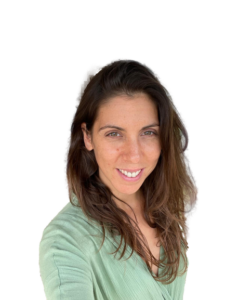
Sánchez, Sara
Doctoral researcher in the PhD Program in Local Development and International Cooperation at INGENIO (CSIC-UPV), focused on menstrual health issues.
Her research focuses on menstrual health, covering aspects such as menstrual literacy, stigma and taboos, as well as access to healthcare for menstruation-related conditions. She has extensive international experience in cooperation and development projects, primarily in the areas of water, sanitation, and hygiene. Additionally, she incorporates a gender perspective into fields such as innovation in sanitation and technology design and investigates the gender gap in science.

Toledo, Carla
Journalist with a Master’s in Gender and Equality Policies, bringing extensive experience in communication, particularly in the health sector and news agencies.
Her main interests include scientific dissemination, always integrating a gender perspective. She is currently responsible for managing scientific communication, social media and the website for Manuela and M. Carmen Collado’s laboratory at IATA-CSIC.
Participating entities:
CSIC Institutes (Spanish National Research Council)
- IATA CSIC (Institute of Agrochemistry and Food Technology)
- IPLA CSIC (Institute of Dairy Products)
- INGENIO CSIC-UPV (Institute of Innovation and Knowledge Management)
- IESA CSIC (Institute of Social Sciences Research)
FISABIO (Foundation for the Promotion of Health and Biomedical Research)
University of Oviedo
- ISPA (Health Research Institute of the Principality of Asturias)
- FINBA (Foundation for Biomedical Research and Innovation)
Universitat Politècnica de València
- Department of Applied Mathematics
- INGENIO CSIC-UPV (Institute of Innovation and Knowledge Management)
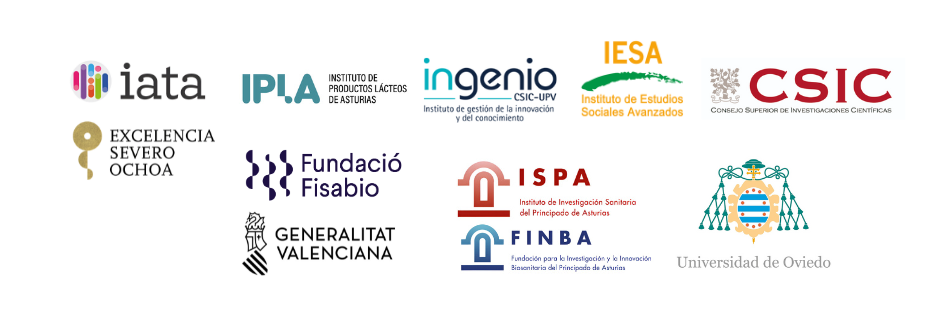
Inspired by Manuela Solís i Clarás (1862-1910)
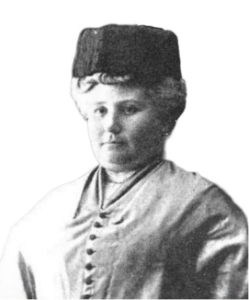
Manuela Solís i Claràs (1862-1910) was the first woman to obtain a medical degree from the University of Valencia, excelling in the field of gynecology and dedicating her life to improving maternal and infant health. Her social commitment led her to work in charitable institutions, particularly with underprivileged women. Manuela Solís’s legacy extends beyond her professional achievements, as she remains a symbol of progress today. That is why we want to honor her with this tribute.
Did you know that Manuela is part of an international research program on women’s health?
Each project is named after a pioneering female scientist from her own country.
